Ventoy is an open source tool to create bootable USB drive for ISO files. With ventoy, you don't need to format the disk again and again, you just need to copy the iso file to the USB drive and boot it.
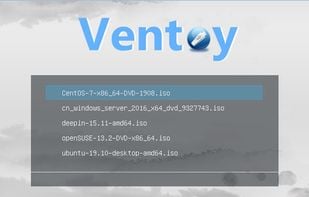
Comments about Ventoy as an Alternative to balenaEtcher
Ventoy only needs a one time setup and all bootable ISOs are just placed in your USB drive. Also your USB drive keeps being a storage device when you're in your OS
Ventoy is a great tool. I had used YUMI extensively before Ventoy came out. What is great about Ventoy is the cross-platform support and the fact that your ISO image stay intact on your USB stick. Being able to have a large 256GB USB stick with Ventoy on it also gives it an edge against tools like Balena Etcher (one image per USB) or Rufus (ISO images are not intact).
As a bonus, Ventoy can create USB sticks that will work with BOTH UEFI and BIOS.


Almost everyone thinks Ventoy is a great balenaEtcher alternative.
Ventoy is the most popular Linux alternative to balenaEtcher.
- Ventoy is Free and Open Source



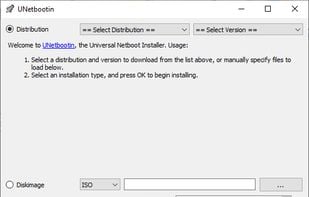
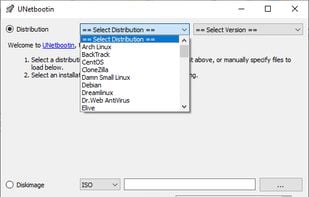
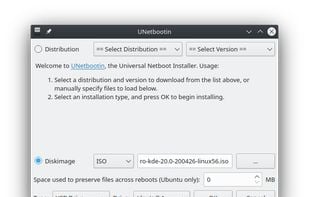
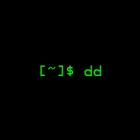

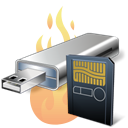

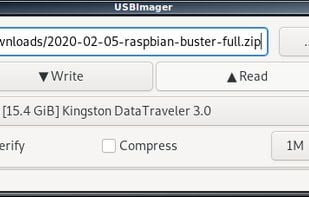
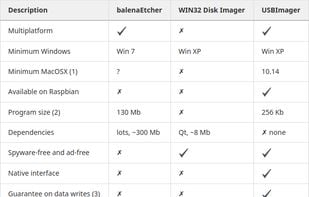
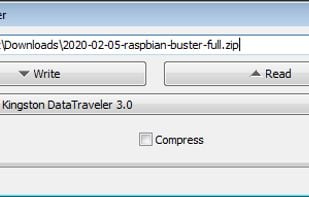
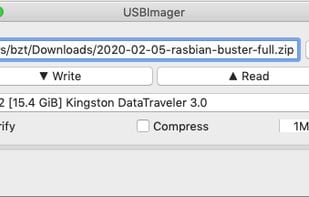


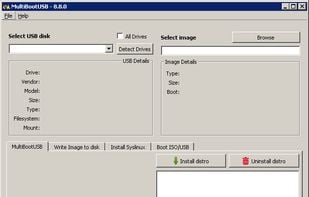
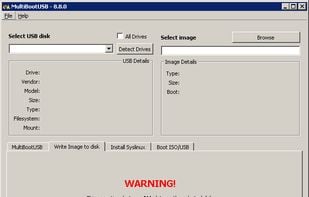
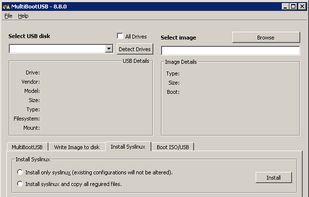
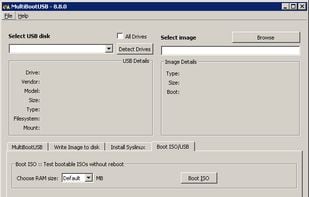


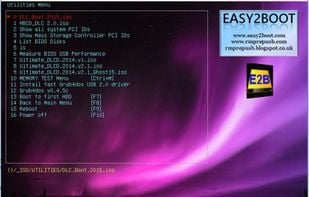
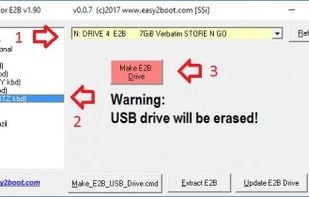
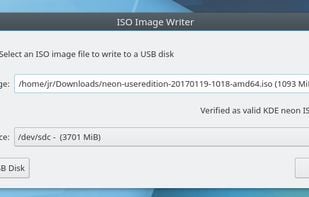
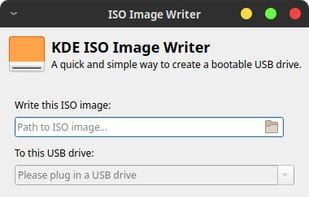
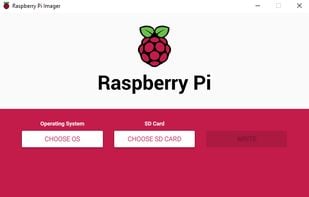
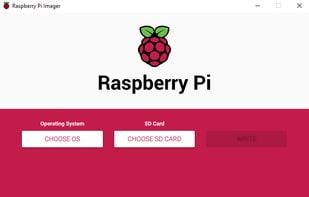
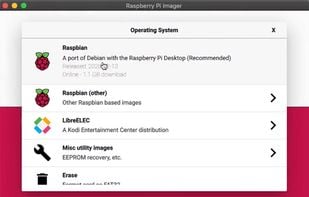
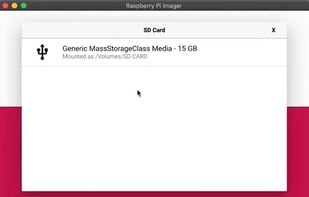


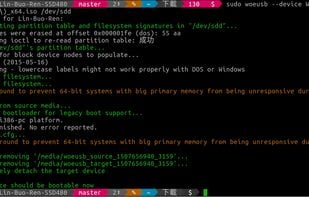
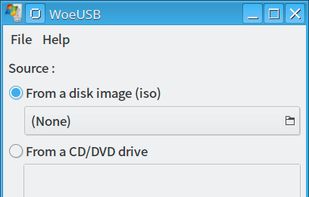


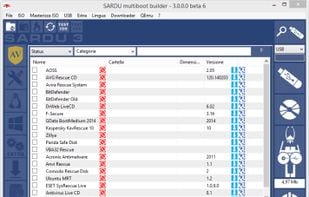
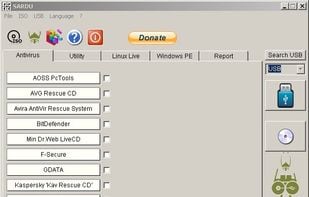
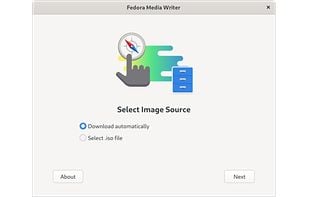
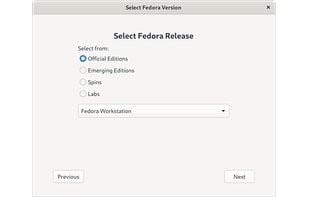


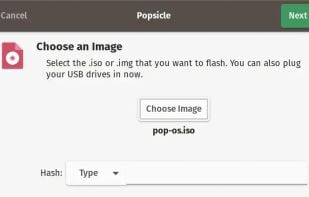
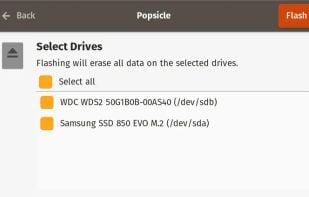
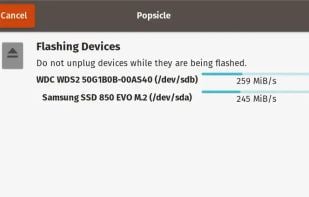
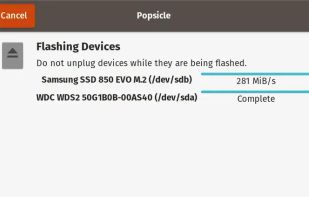
balenaEtcher had some privacy issue in the past. Ventoy doesn't "phone home". Why an USB image creator needs to send some data out anyway?